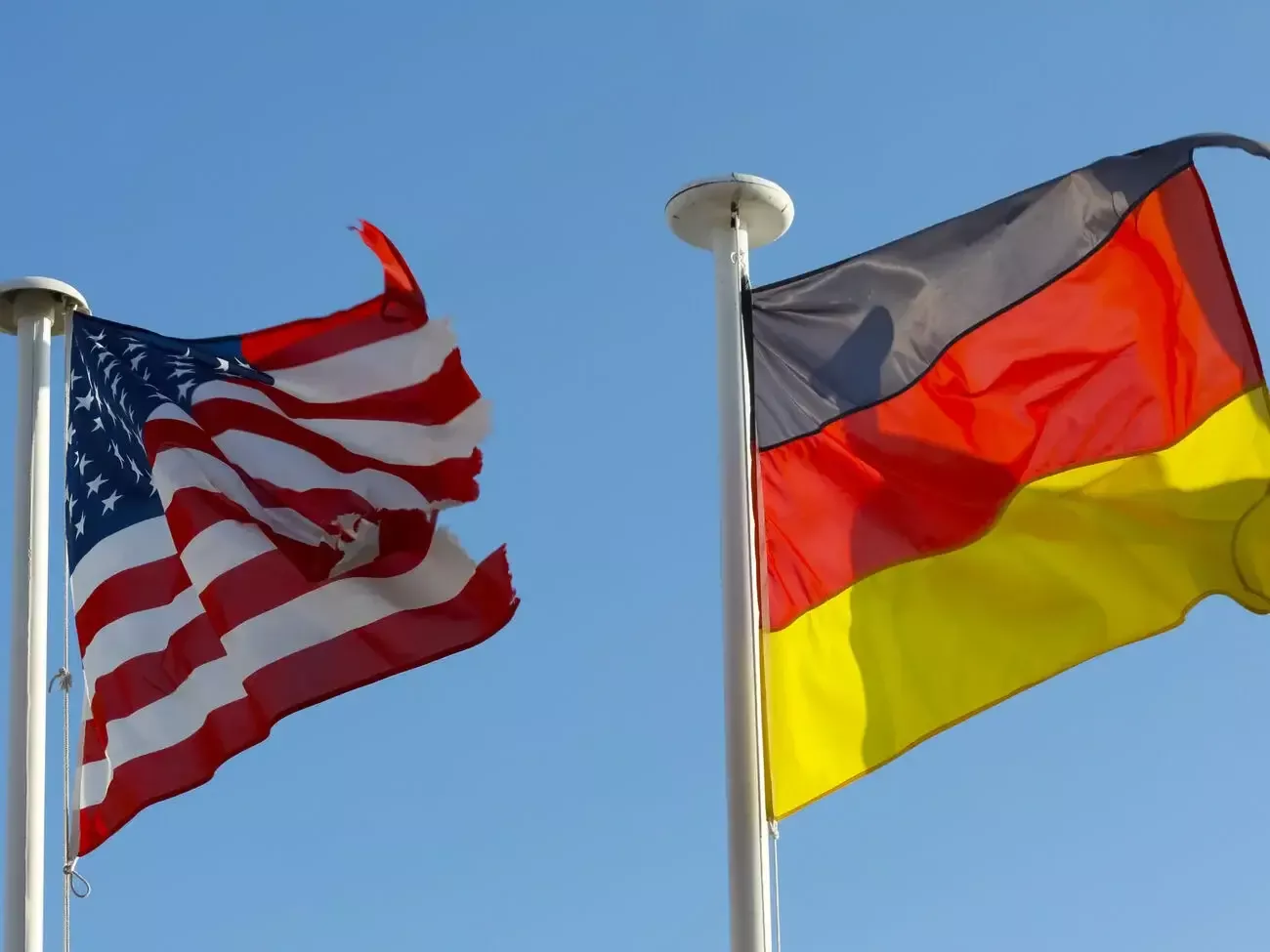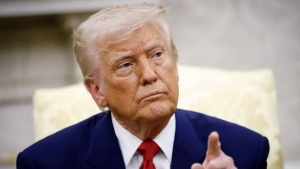Relations between the USA and Germany are escalating: a conflict arose due to an extremist party

High-ranking officials in the USA have strongly condemned the recognition of the far-right party "Alternative for Germany" (AfD) as an extremist organization. Their statements are being regarded by official Berlin as baseless and inappropriate accusations.
The issue arose because Germany's Federal Office for the Protection of the Constitution (BfV) concluded that the AfD party is dividing citizens based on nationality and location, thereby attempting to undermine the unity of the country.
In the federal elections held in February of this year, this party received nearly one-fifth of the votes from voters, securing 152 mandates in the 630-seat parliament. The party's main platform is related to a hardline stance on migration issues, often supporting nationalist views. Other major political parties in Germany have consistently refused to include the AfD in the government coalition to prevent the spread of nationalism in the country.
The recognition of the party as extremist did not sit well with the Trump administration in the USA and sparked serious objections. Specifically, Vice President Jay DeVance made a sharp claim that the German government wants to rebuild the Berlin Wall, a symbol of the Cold War. Secretary of State Marco Rubio referred to Germany's decision as "tyranny."
In response to such harsh statements, the German Foreign Ministry quickly clarified through social media that the recognition of the "Alternative for Germany" party as an extremist structure stems from the necessity to protect democracy.
"Germany's historical experience shows that we cannot allow the resurgence of right-wing extremism in our country," the ministry stated.
Official Berlin may be reminding us of the rise of nationalist forces led by Adolf Hitler to power in 1933.
This diplomatic dispute between America and Germany is a manifestation of the rift that has emerged in bilateral relations. Recently, the remarks made by US Vice President Jay DeVance to European leaders at the security conference held in Munich on February 14, treating them like school teachers, also provoked serious anger among European officials.
Currently, serious disputes are also arising between the two countries regarding trade policy, as the Trump administration is intensifying tensions with its economic war policies against Europe. This is further heightening concerns about the future of relations between the two countries.







